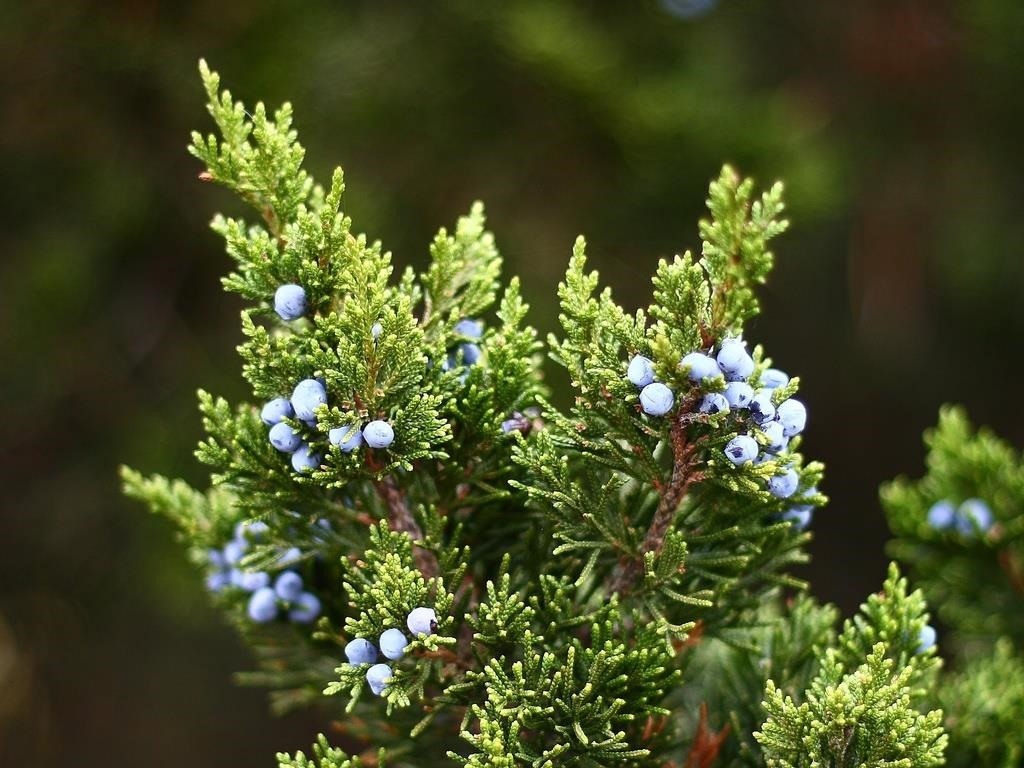Alcohol isn't exactly considered a healthy lifestyle choice; more often than not, it's associated with empty calories and bad decisions. But that doesn't mean there aren't a few benefits to drinking in moderation. In fact, gin is a liquor with a wealth of potential benefits to offer. So read on, and discover ten ways in which gin might actually be a good drink for you.
main ingredient in gin. Used for centuries as an topical antiseptic, juniper berries can also help fight off coughs and lung congestion. The oils contained in juniper berries agitate bronchial passages and expel mucus.

Image by Sage Ross/Flickr
BIDMC, gin's makeup helps to relieve the pain caused by achy joints, gout, and rheumatoid arthritis. In fact, some arthritis sufferers even use gin-soaked raisins to reduce joint inflammation.

Image via Shutterstock
increase both stomach acid secretions and digestive enzymes; this increase in fluids necessary for breaking down ingested food allows for better digestion.

Image via Shutterstock
a country where malaria occurs, you may want to order a gin and tonic when you get there. According to Slate, the gin and tonic was developed in the 1800s to make quinine more palatable. And quinine, derived from cinchona bark, was an essential medicine that worked to both cure and prevent malaria. Although we would never encourage you to substitute antimalarial drugs with drinking a gin and tonic, at least you know of a way to make those quinine tonics more tasty... and more fun.

Image by Jim Gathany/CDC PHIL

Image via Shutterstock

Image via Shutterstock

Image via Shutterstock
do have a lot of antioxidant properties, regular gin is relatively devoid of antioxidants, so you need barrel-aged gin to get any antioxidants (the lengthy aging process in wooden barrels produces polyphenols and furans that are leeched out from the casks).

Image via Shutterstock
blood circulation as you get older, which can prolong life. Juniper berries also contain flavonoids, which have a whole slew of benefits for cardiovascular health: prevention of atherosclerosis and clogged arteries are just some of the amazing things they can aid in preventing.

Image via Shutterstock
97 calories... I'll drink to that!
main ingredient in gin. Used for centuries as an topical antiseptic, juniper berries can also help fight off coughs and lung congestion. The oils contained in juniper berries agitate bronchial passages and expel mucus.

Image by Sage Ross/Flickr
BIDMC, gin's makeup helps to relieve the pain caused by achy joints, gout, and rheumatoid arthritis. In fact, some arthritis sufferers even use gin-soaked raisins to reduce joint inflammation.

Image via Shutterstock
increase both stomach acid secretions and digestive enzymes; this increase in fluids necessary for breaking down ingested food allows for better digestion.

Image via Shutterstock
a country where malaria occurs, you may want to order a gin and tonic when you get there. According to Slate, the gin and tonic was developed in the 1800s to make quinine more palatable. And quinine, derived from cinchona bark, was an essential medicine that worked to both cure and prevent malaria. Although we would never encourage you to substitute antimalarial drugs with drinking a gin and tonic, at least you know of a way to make those quinine tonics more tasty... and more fun.

Image by Jim Gathany/CDC PHIL

Image via Shutterstock

Image via Shutterstock

Image via Shutterstock
do have a lot of antioxidant properties, regular gin is relatively devoid of antioxidants, so you need barrel-aged gin to get any antioxidants (the lengthy aging process in wooden barrels produces polyphenols and furans that are leeched out from the casks).

Image via Shutterstock
blood circulation as you get older, which can prolong life. Juniper berries also contain flavonoids, which have a whole slew of benefits for cardiovascular health: prevention of atherosclerosis and clogged arteries are just some of the amazing things they can aid in preventing.

Image via Shutterstock
97 calories... I'll drink to that!


















